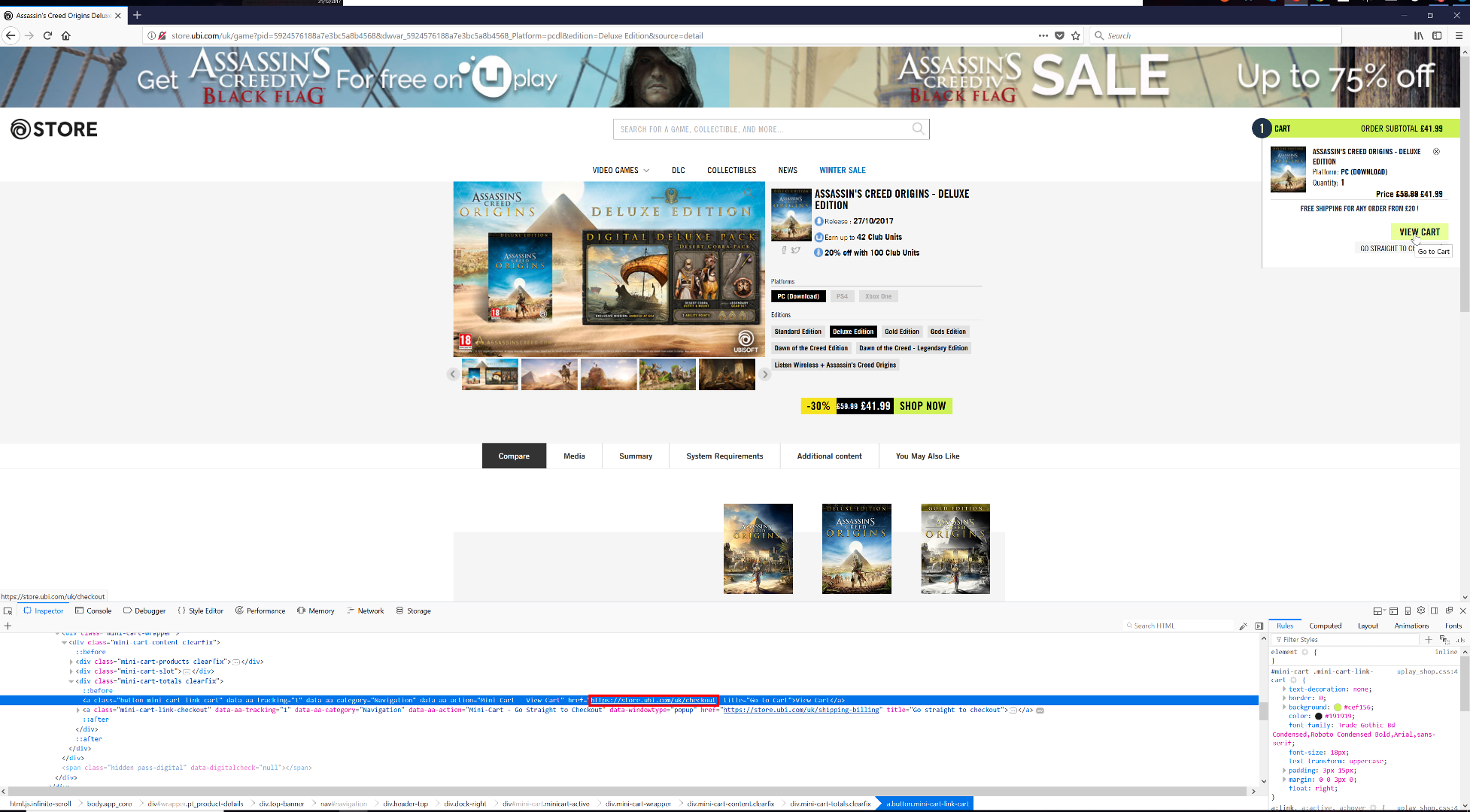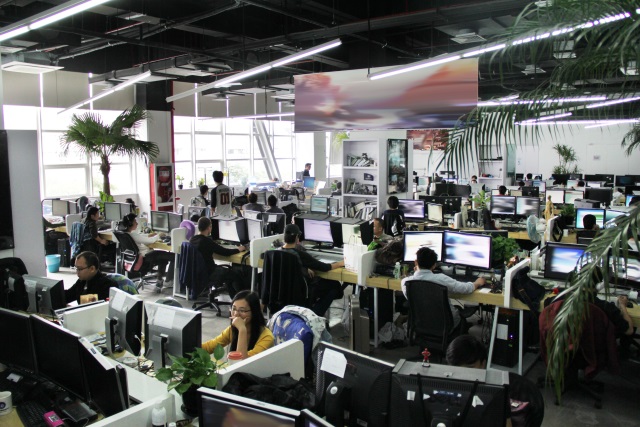

It's all a mirror image of Ubisoft's advances in the global mobile arena, Palasse suggested, speaking last month at Digital Dragons in Krakow. Based on the information divulged by Ubisoft Mobile's head of publishing for the Greater China region, Aurelien Palasse, the publisher is very much aware that it is an unproven force in China, though it believes the freedom its healthy bank balance affords it to try out different strategies in the country is beginning to unlock many of the doors to sustained success. It'll be of some surprise to many, then, that French giant Ubisoft - typically better known for console royalty like Assassin's Creed and Watch Dogs, as well as a neverending string of Tom Clancy games, has quietly been advancing on mobile in the region. Nonetheless, the number of major publishers looking to take advantage of this Chinese surge is limited. If you're looking for growth then it's clear you've got to look East, and with consoles largely a non-entity in China thanks to restrictions on free trade, mobile is the country's first port of call outside of the PC market. To put that in some context, that's more than twice the amount generated in China last year and three times the figure the US is set to amass in 2015.

Indeed, it's estimated that China's annual market revenue from gaming will hit $9.3 billion by 2017. The Chinese games industry has always left most of the major western publishers dumbfounded, and the nation's appetite for smartphone games, typically dominated by Android, has grown from a curious sideshow to the iOS led industry in Europe and North America to one of the main drivers behind the smartphone scene today.

While there's a consistent drive to amass potent and, most importantly, profitable console IP that could be uttered in the same breath as Call of Duty or Grand Theft Auto - the kind of games that appear designed almost exclusively for their big budget reveal at E3 - there's also a feeling that many are missing out on a potentially more lucrative market, and it's a market few appear to fully understand.

There's an underlying fear bubbling underneath the radar at most of the world's major publishers.


 0 kommentar(er)
0 kommentar(er)
